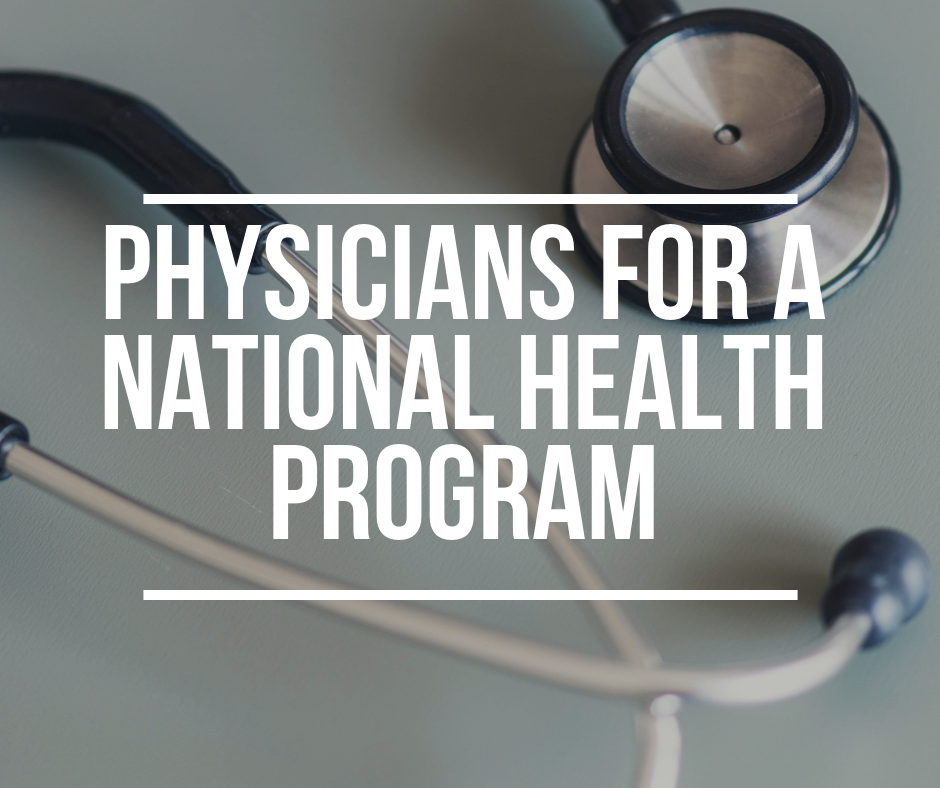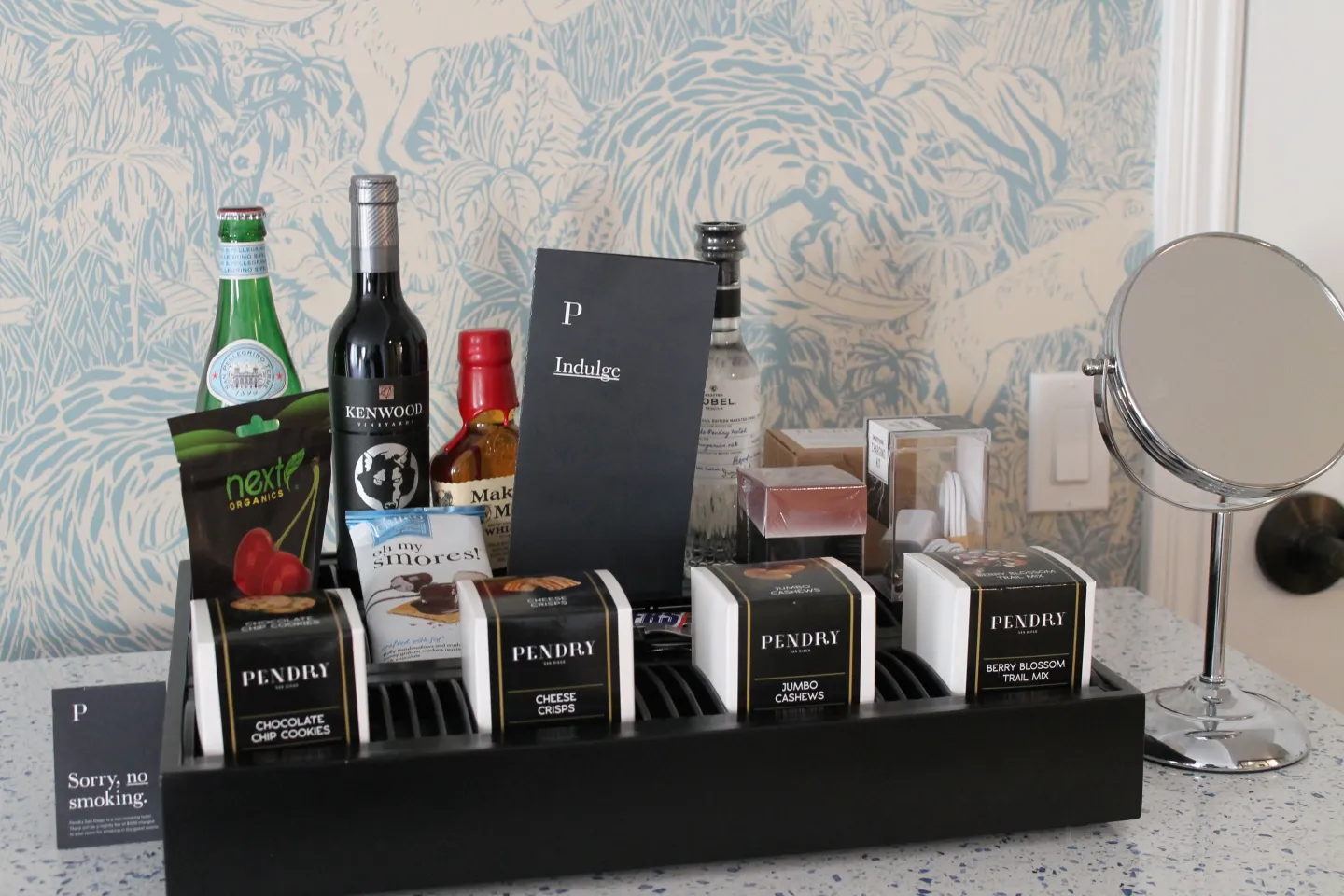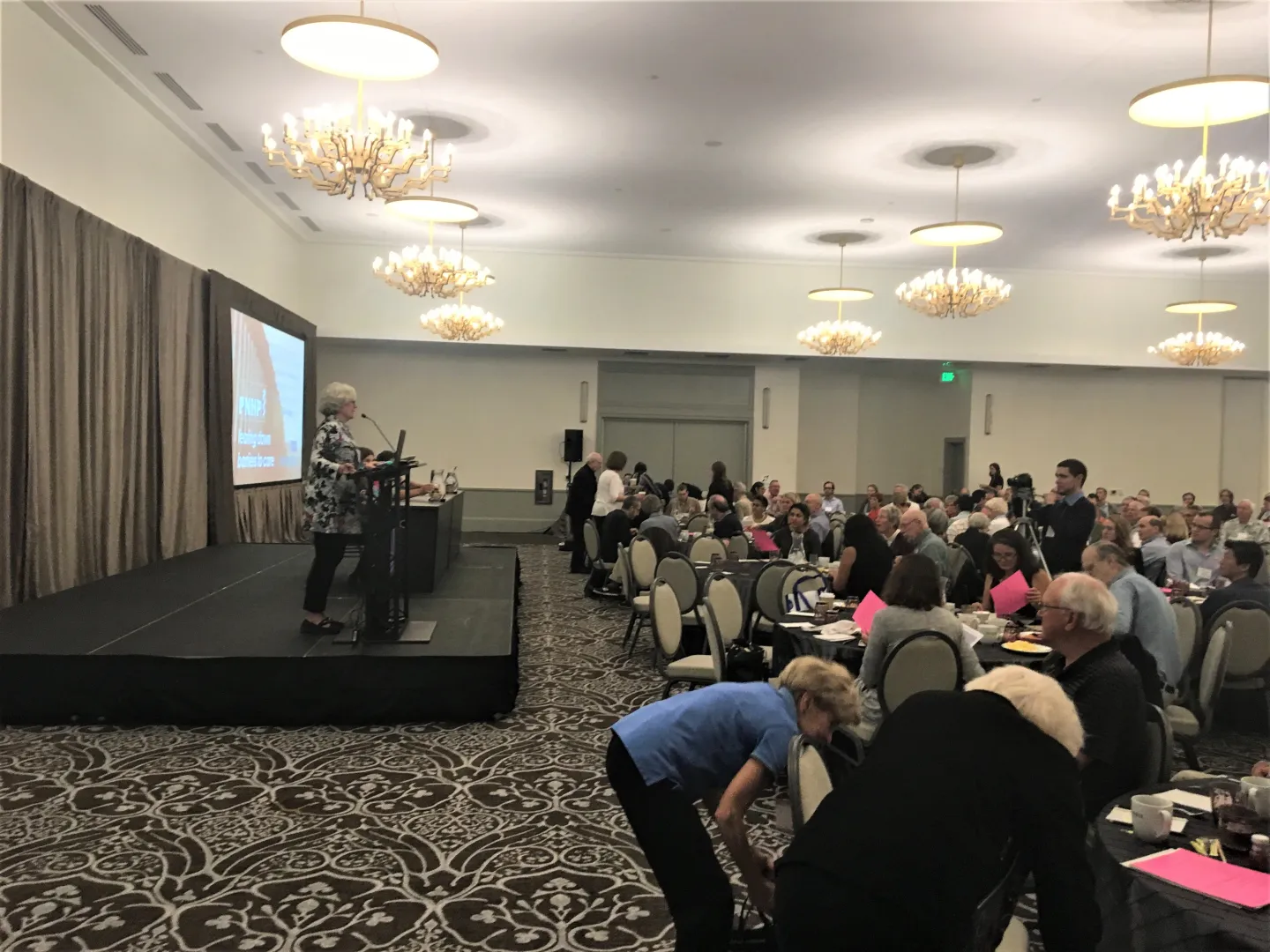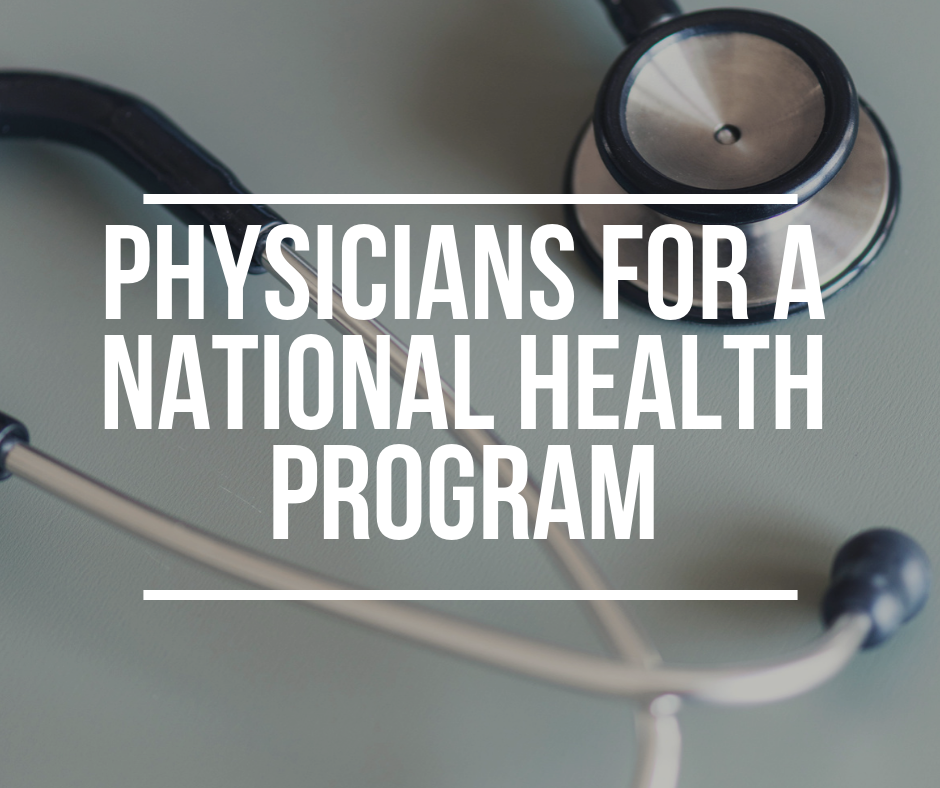A few months ago, a Penn Med classmate sent out an email over the medical school list serves to inform his peers of the upcoming Annual Meeting of Physicians for a National Health Program (PNHP). In his email, my classmate noted two key bits of information. First, he described the meeting as a great opportunity to learn about how physicians around the country have formed a coalition in support of a single-payer national healthcare system in the US. Second, he mentioned that there was an opportunity to receive a scholarship to attend the meeting in San Diego. The opportunity to learn about this important work intrigued my intellectual side. The chance for a highly subsidized trip to California sealed the deal for the travel-loving, frugal Franny part of me.
SINGLE PAYER HEALTHCARE
Most (if not all) countries in the Caribbean use a national healthcare system to provide access to healthcare for ALL of their citizens. In contrast, the healthcare system in the US is highly fragmented. In the ongoing efforts to address the challenges of healthcare access, quality, and cost, the US provides good quality of care (exceptions include but are not limited to maternal care and preventative care). However, cost of care in the US far outpaces those of similar OECD countries and millions of people in the US go without access to care because they are uninsured or the cost of care, even with insurance, exceeds their ability to pay for care.

In the ever-going goal to optimize for cost, access, and quality of care, PNHP argues that a single-payer healthcare system is the best way for the US to achieve this goal.
MY EXPERIENCE AT THE PHYSICIANS FOR A NATIONAL HEALTH PROGRAM ANNUAL MEETING
Last Friday, I hopped on a plane to San Diego the morning after I took Step 2 CK. I was physically tired and mentally drained, but I was also excited to meet with other students and physicians who support the notion that access to healthcare is a right.
As a part of the scholarship to attend the PNHP annual meeting, I got free accommodations at the Pendry San Diego. The experience at this hotel was wonderful! The staff members were all incredibly kind and helpful and the rooms themselves were exceptionally comfortable. If I’m ever back in San Diego, I would definitely consider staying at the Pendry again!


Once I got to the Pendry, I met my roommate Louisa, a current MPH student who has previously been involved with the Student for a National Health Program (SNaHP). We immediately hit it off and had a great time getting to know each other while networking with students, physicians, and nurses at the conference.
On the day of the national meeting, I attended several sessions ranging in topics from Health Policy Updates, Mass Incarceration of Persons with Severe Mental Illness, and Attacks on the VA.


Throughout the course of the conference, I tried my best to live tweet the events. I often use Twitter as my notepad when I’m at academic sessions. It’s a great way for me to go back to my notes while also engaging with others who are interested in the topic about which I’m tweeting. To see some of my tweets from the conference, you can either check out my Twitter page (and scroll back to 11/10/18) or check out the hashtag from the event (#PNHP2018), which will include my tweets and the tweets of other conference attendees.
MY KEY TAKEAWAYS FROM THE PHYSICIANS FOR A NATIONAL HEALTH PROGRAM MEETING
Once the conference wrapped up, I took some time to reflect on what I heard and learned. The following questions best represent my outgoing thoughts from the annual meeting of Physcians for a National Health Program:
- How can we make access to and quality of healthcare in the US more equitable?
- What is the best financing model for healthcare in the US?
- Fee for service?
- Bundled payments?
- Global budgets?
- What is the best rhetoric to use in sharing the goals of Physicians for a National Health Program?
- What role does managed care play in a single payer system?
- Who are the good guys and who are the bad guys in the fight for a better healthcare system in the US?
I don’t have the answers to all of these questions right now. However, I know that as I continue my MD/MBA journey (#JourneytoDrJordan), I will continue to learn from and engage with others regarding these topics to ensure that ALL patients in the US have equitable access to healthcare. Moreover, going forward, I plan to continue to support the efforts of PNHP in providing access to healthcare to ALL people in America through a single-payer national healthcare system.
Peace and blessings,
Atasha Jordan, MD (to be)






